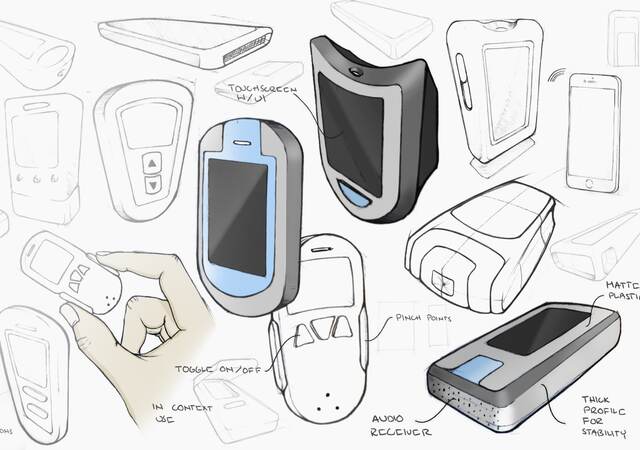May 17, 2023
By Frauke Schuurkamp
On March 16, 2023, Michael Wiklund and Frauke Schuurkamp delivered a webinar to cover facts and opinions on what constitutes human factors (HF) activities . They addressed the must-have HF basics that are required for regulatory submissions versus making a greater HF investment to reduce business risk and optimize a product’s commercial success.
Specifically, they addressed strategies to scale up or scale down an HF program to meet the goals and priorities of the medical device developer. A scaled down program streamlines the completion of only the HF activities required by regulatory bodies and might include finding opportunities to meet the requirements of multiple markets as efficiently as possible. For example, you might conduct a robust formative usability test in Europe and an HF validation test in the US, per FDA guidance, to ensure you have usability data from users in both regions without duplicating testing. By contrast, a scaled-up program would prioritize conducting HF activities to gain a market advantage. In this scenario, you might conduct formative usability tests in both Europe and the US to ensure feedback from users in both markets is incorporated in your product, optimizing the commercial appeal of the device.
Regardless of how the HF program is organized, there are many tips and tricks on how to make the most of the activities, for example:
-
Always perform some degree of user research. Even in a scaled-down program, early user research helps to facilitate better product design and reduces the likelihood of findings that require significant device re-design during usability testing.
-
Build on prior work. Often, medical device manufacturers develop multiple devices for similar user groups or use environments. By leveraging previous insights into user preferences, results of usability tests, and other HF activities, you can reduce the scope of a similar device’s HFE program plan or dig deeper to gain further understanding of user needs, preferences, and pain points to develop a truly innovative product.
-
Develop libraries of known problems, user profiles, and use environments. As you conduct more HF activities, you likely will start to see similarities in the known problems analysis, user profiles, and use environments—all of which are key must-have HF activities—between your products. By developing a library of these items, you will reduce the overall time required to generate foundational HF documents, such as the use specification and use-related risk analysis.
-
Conduct a range of formative evaluation types. Formative evaluations can include a variety of activities, including user interviews, expert reviews, cognitive walk throughs, and usability tests. Incorporating multiple types of formative evaluations provides multiple opportunities to refine your product design and gain different perspectives on your product to ensure it has broad appeal and aligns with good design principles and user needs.
-
Conduct a pre-validation test. Prior to conducting an HF validation test (i.e., summative usability test), you can conduct a pre-validation test is a small-scale usability test conducted with the same users as the HF validation test and following the HF validation test protocol. This enables you to determine if there are any significant use errors that you can mitigate prior to conducting the full-scale HF validation test. While this might seem repetitive for scaled-down programs, a pre-HF validation test can offer significant savings, especially for novel designs or those that are updating a well-established device; a 6-person usability test is much less expensive than having to re-run a 30-person HF validation test.
Yes, human factors is expensive, but so are other essential R&D activities. The good news is that HF activities come along with great benefits, like a faster time-to-market by complying with regulatory expectations, enhanced sales by meeting (and potentially exceeding) user expectations, and reduced chance of recalls or claims by safe and intuitive product design.
If you are not sure how to conduct HF activities, or don’t have the resources to do so, contact our global team to help you scale your HF program and conduct HF activities, Or, sign up for a complimentary account with OPUS, our team’s software platform that provides HFE training, tools, and templates.
Frauke Schuurkamp is Managing Human Factors Specialist at Emergo by UL.
Request more information from our specialists
Thanks for your interest in our products and services. Let's collect some information so we can connect you with the right person.






